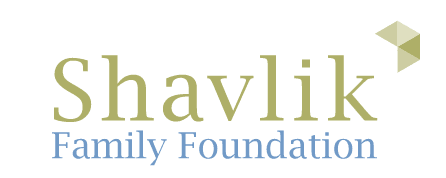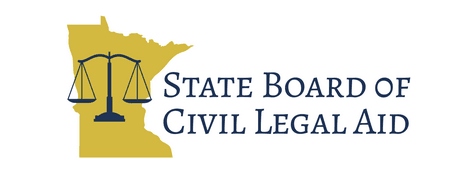What is a TODD?
A TODD, or Transfer on Death Deed, is a legal document that is used to transfer ownership of real estate like houses or land when the owner dies. Real estate that is given to a new owner by a TODD does not have to go through probate.
How is Ownership Transferred?
When the owner dies, the person getting the property (called a beneficiary) should bring a certified copy of the death certificate and a form called an Affidavit of Identity and Survivorship (Form 50.2.3) to the county recorder’s office in the county where the property is located.
Things to Keep in Mind:
Filling out the TODD Form. Make sure to use the full legal description of the property – you cannot use the street address. You can find the legal description on the deed or by contacting the county recorder's office in the county where the property is located.
Spouses. It is common for spouses to jointly own property together. For property that is jointly owned, a TODD will transfer ownership only after both joint owners die. All joint owners have to agree to the TODD and all have to sign on to it.
Beneficiaries. A TODD can name more than one person (called beneficiaries) to get the property when the owner dies. It is usually better to only list one or two people because it can be difficult for a group of people to own the same property together. Also, do not use a TODD to give property to someone under age 18.
Recording. A TODD has to be signed by the property owner(s), notarized, and filed with the county recorder's office in the county where the property is located before the owner dies.
No Transfer of Ownership During Lifetime. The property owner keeps full ownership, control, and use of the property while they are alive.
Revocable. The property owner can revoke (cancel) the TODD at any time before they die. To do this, there are three options: they can file a Revocation of Transfer on Death (Form 10.8.10), file a new TODD, or sell the property to someone else before their death. A will cannot cancel a TODD.
Mortgages and Liens. The new owner takes the property with any mortgages, liens and judgments that are already connected to it. The new owner will have to take care of those debts.
Homeowners Insurance. The new owner needs to contact the homeowners insurance company to tell them about the change in ownership. The homeowners insurance will carry-over for 30 days after the property owner's death.
















